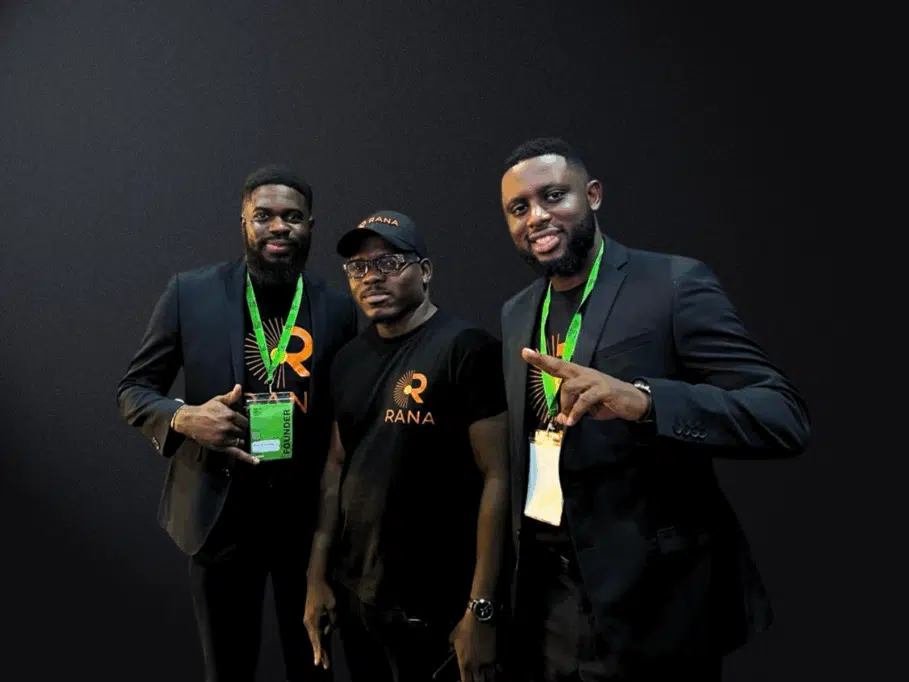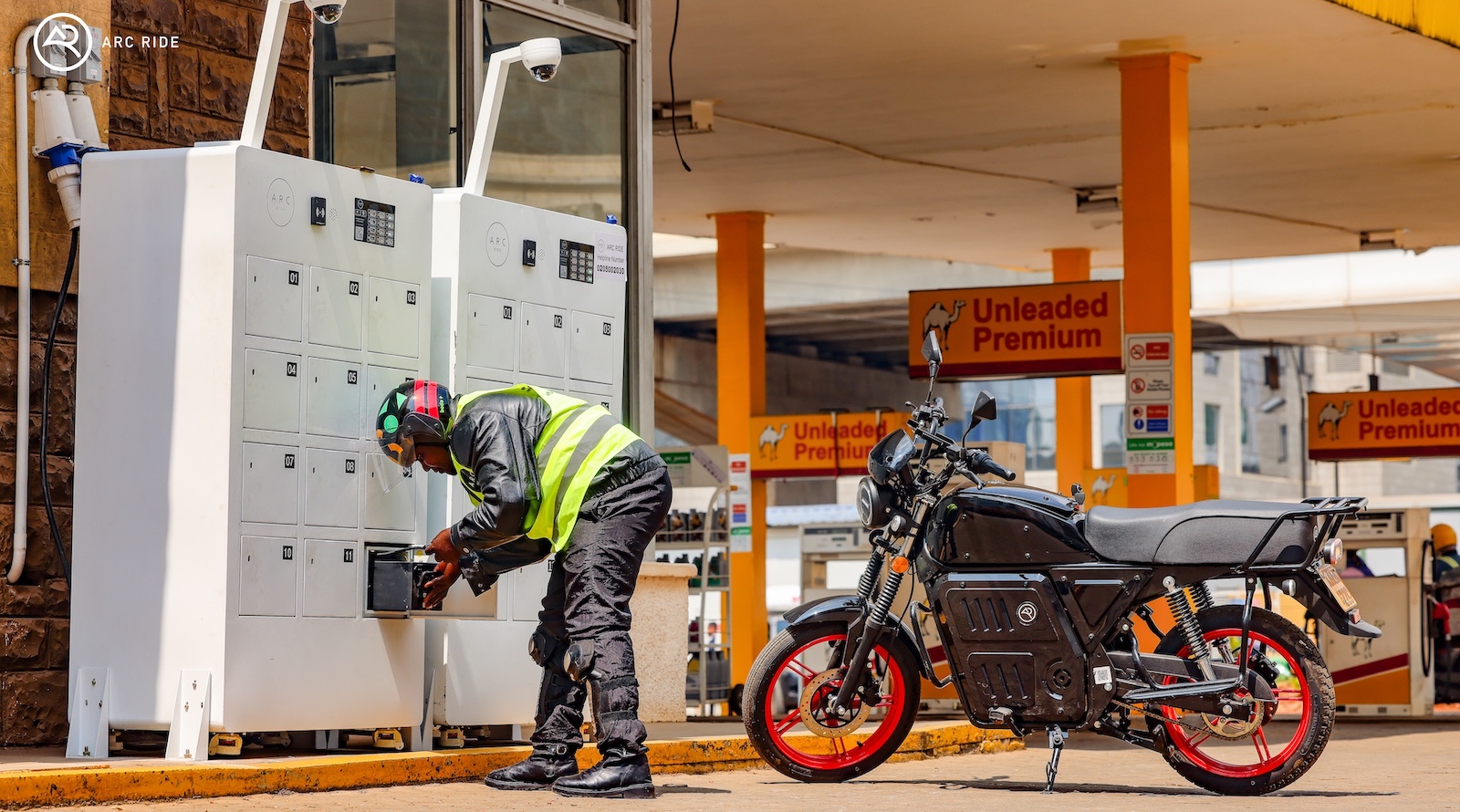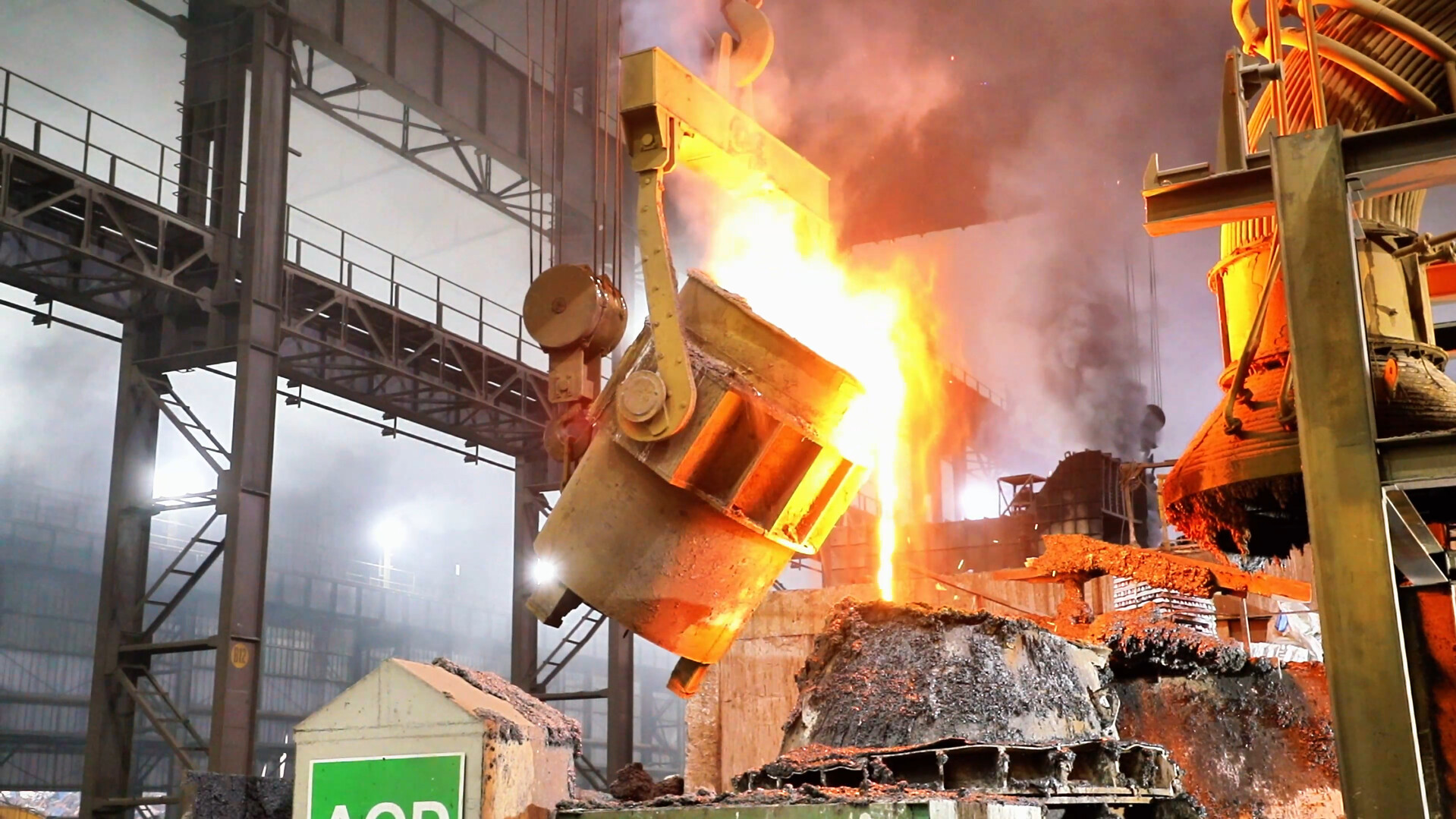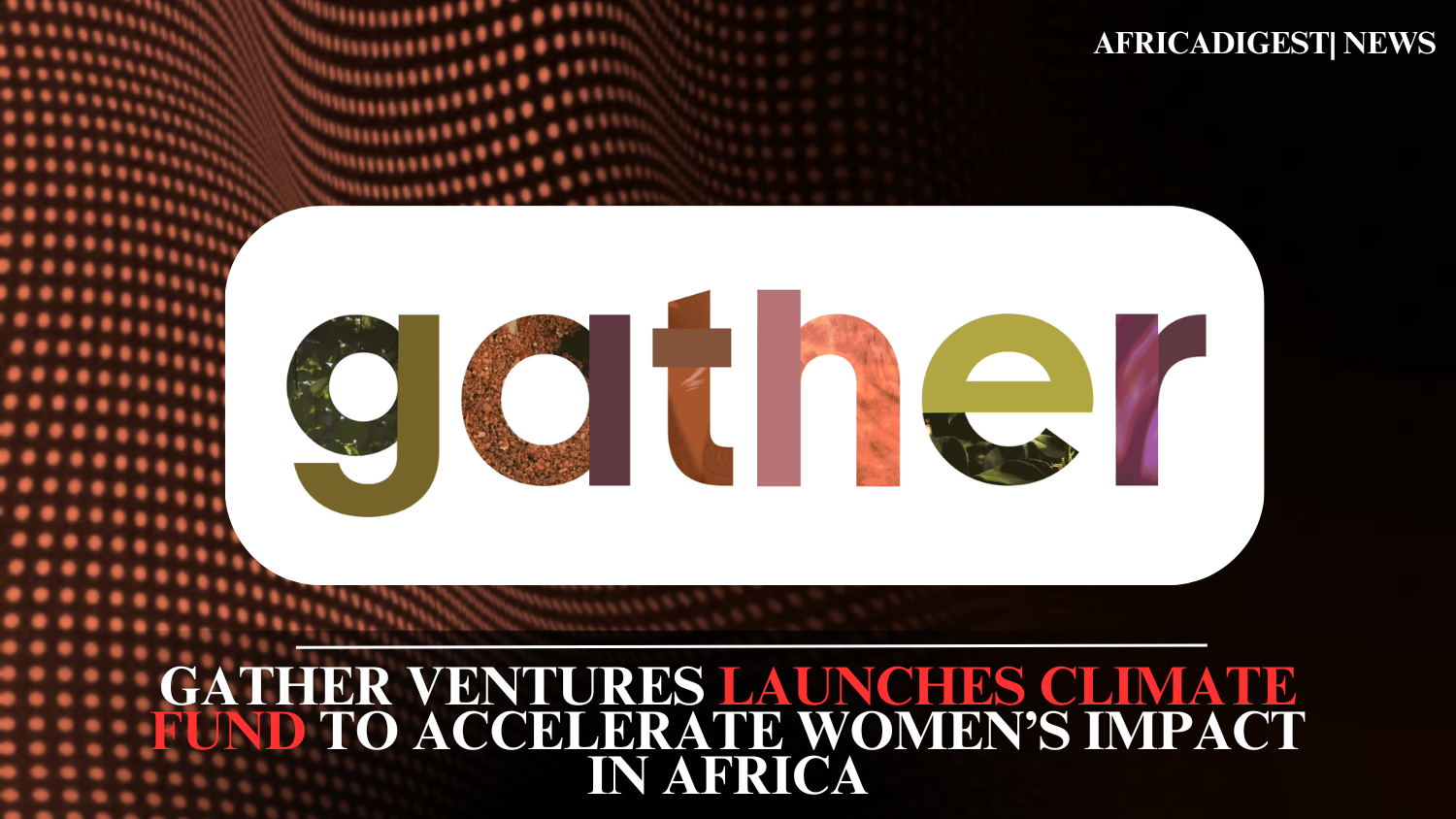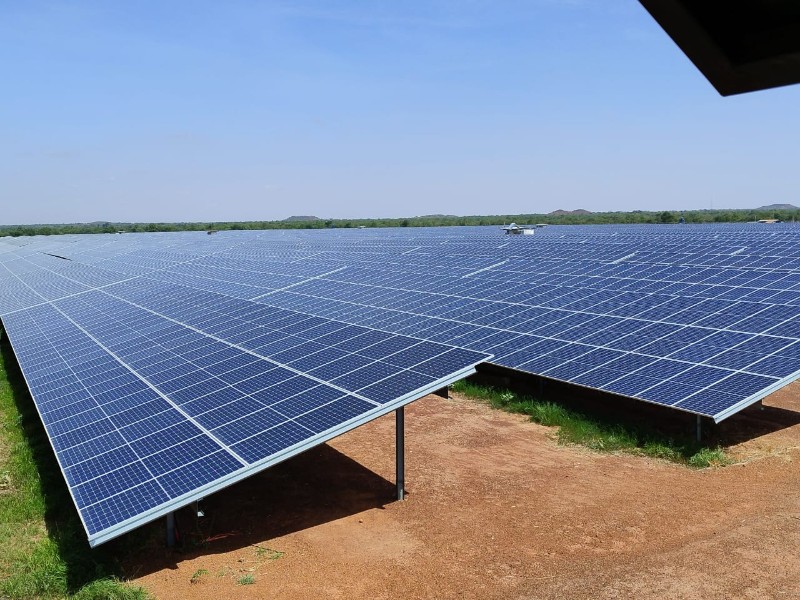It’s one thing to attract seed funding it’s another to win investor confidence in a capital-intensive sector.
Rana Energy has done both, raising $3 million in hybrid funding from Techstars, EchoVC Eco, and green debt partners to prove that Africa’s clean energy story can be both scalable and investable.
The Funding Blueprint: Equity Meets Green Debt
Rana’s $3 million round is a masterclass in hybrid financing for emerging markets. It splits into $500,000 in equity from accelerators Techstars and EchoVC Eco, plus high-profile angels including Chinedu Azodoh and Tayo Bamiduro, co-founders of ride-hailing unicorn MAX.
The remaining $2.5 million comes as a local-currency green debt facility, arranged by Optimum Global and backed by FSDH Asset Management.
This structure isn’t accidental: equity fuels tech innovation, while debt scales hardware deployments without diluting founder control, all while aligning with ESG mandates for impact investors.
Investors aren’t just writing cheques; they’re endorsing a model that tackles Africa’s core energy pain points head-on.
With grid access hovering at 50% and diesel costs increasing amid global volatility, Rana’s VSN offers a plug-and-play alternative: no upfront capital required, just predictable monthly subscriptions for clean power.
Early backers see echoes of successes like M-KOPA or Off Grid Electric, but with an AI edge for predictive analytics and remote management.
Proven Traction: From 1.3 MW to Real-World Impact
Founded in 2023 by engineers Abraham Mohammed and Mubarak Popoola, Rana has wasted no time.
In just 18 months, it’s deployed 1.3 MW of solar and battery storage across Nigeria, serving federal institutions, hospitals, supermarkets, and industrial sites.
The results? A remarkable 99.9% uptime, over 80% reductions in diesel use, and up to 30% savings on energy bills.
Take the Wellness Centre in Lagos, a physiotherapy clinic that once burnt through ₦2.5 million monthly on diesel generators. Post-Rana installation, it’s running 24/7 on solar with a 25% cost cut and zero blackouts during critical patient care.
“Our patients know they can count on us during emergencies,” shared Dr. Boroji Osindero, the medical director. This isn’t hype; it’s verifiable impact, with every dollar deployed generating over $10 in local economic value through savings and productivity.
Rana’s flagship shines at Abuja’s National Defence College, where a 5 MW solar carport programme starting with a 1 MW installation improves energy security for one of Nigeria’s key institutions.
READ ALSO:
What Bboxx’s Partnership with CreditChek Means for Off-Grid Africa
These wins aren’t isolated; they’re proof of VSN’s smarts: AI for demand forecasting, drone-based site mapping, real-time monitoring, and even blockchain for carbon credits.
Fresh off Google for Startups Accelerator Africa Class 8, Rana’s tech stack addresses the trifecta of African energy woes, including volatility, high tariffs, and supply chain difficulties, making it a magnet for forward-thinking capital.
Scaling to Continent-Wide Dominance: The 1,000 MW Horizon
The big question: Can $3 million unlock the scale to eclipse diesel’s grip? Rana’s roadmap says yes.
The funding targets a 10 MW expansion over the next 12 months, rolling out to battery swap stations, hospitals, and factories in Nigeria, Ghana, and Zambia.
Longer term, it’s gunning for 1,000 MW by 2030, displacing millions of litres of diesel and slashing over 450,000 kg of annual CO₂ emissions.
This trajectory aligns with Africa’s solar boom, with 18 countries expected to add at least 100 MW each in 2025 alone.
Rana’s blended finance model, aggregating small-scale assets into investable portfolios, de-risks the space for more institutional inflows.
Challenges remain: regulatory hurdles in new markets and naira fluctuations could test the debt side. Yet, with VSN’s remote controls minimising on-ground ops, Rana’s positioned to replicate fast.
Why This Matters: A Catalyst for African Innovation
In a continent where energy poverty costs $2 billion yearly in lost GDP, VSN democratises renewables, boosts financial inclusion via pay-as-you-go, and creates jobs in installation and maintenance.
It’s the kind of homegrown innovation that could inspire a wave of AI-cleantech hybrids from Lagos to Nairobi.
This raise demonstrates a maturing African VC ecosystem: accelerators like Techstars scouting talent, VCs like EchoVC doubling down on climate, and debt providers like FSDH bridging capex gaps.
How can AI supercharge clean energy in your market?
Rana Energy Solar: Affordable Power for a Sustainable Future
Rana Energy Solar is fast becoming one of the leading names in renewable energy, offering affordable and efficient solar solutions for homes, businesses, and institutions.
With a mission to promote clean energy access, the company provides solar panels, inverters, and installation services tailored to different energy needs and budgets.
The Rana Energy founder established the company with a vision to make renewable power accessible and sustainable, reducing reliance on fossil fuels while supporting economic growth through innovation.
Customers often look up the Rana Energy Solar price to compare packages, and the company’s transparent pricing model ensures affordability without compromising on quality.
Additionally, positive Rana Energy Solar reviews highlight the brand’s excellent customer support, product durability, and long-term energy savings.
Ronnie Paul is a seasoned writer and analyst with a prolific portfolio of over 1,000 published articles, specialising in fintech, cryptocurrency, and digital finance at Africa Digest News.
